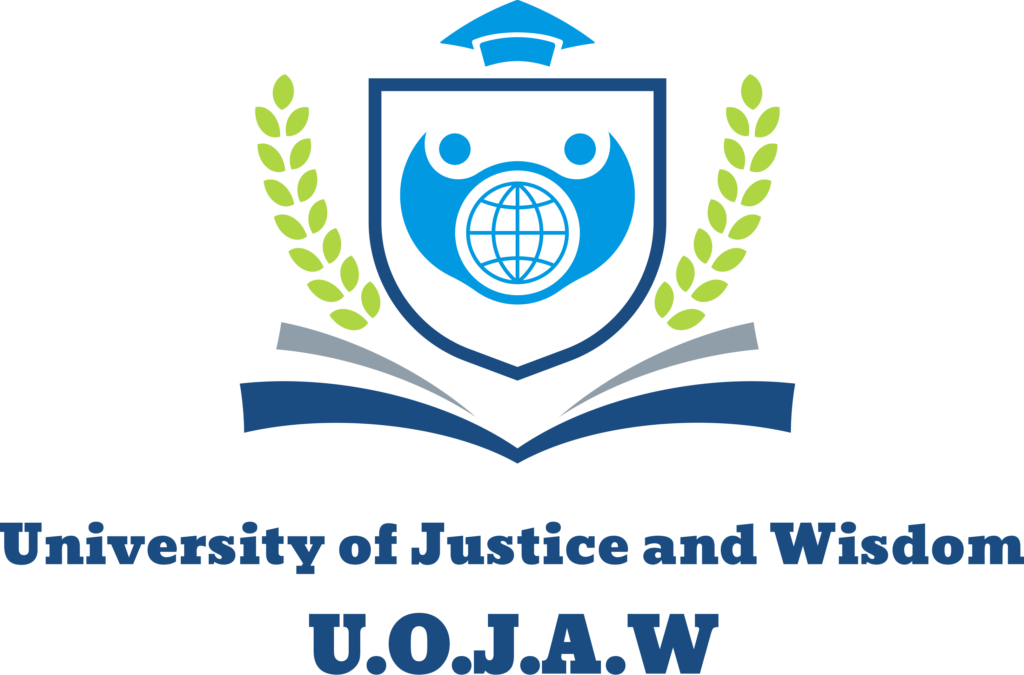EDUCATIONAL LEADERSHIP
AND ADMINISTRATIVE CERTIFICATION – COURSES
SPECIFIC PROGRAM REQUIREMENTS
Administrative Certification Program
A. Core Classes (24-27 credits)
EDL 7515 Executive Leadership and 3 Credits
Ethical Decision Making
EDL 7516 Managerial Finance 3 Credits
EDL 7529 Introduction to Leadership 3 Credits
and Management
EDL 7537 Curriculum Theory and Development 3 Credits
EDL 8627 Legal Issues in Education 3 Credits
EDL 8647 Instructional Leadership and 3 Credits
Staff Development
EDL 8677 Internship I 3 Credits
EDL 8687 Internship II 3 Credits
(May be waived with appropriate experience)
The School Administrator Certificate program requires 21-24 credit hours to complete. Students may elect to take one additional 3-credit hour course as part of their program to fulfill requirements mandated by their State or other regulatory agency.
Masters of Arts in Educational Leadership
A. Core Classes (30-33 credits)
EDL 7512 Organizational Theory and Management 3 Credits
EDL 7515 Executive Leadership and 3 Credits
Ethical Decision Making
EDL 7516 Managerial Finance 3 Credits
EDL 7529 Introduction to Leadership 3 Credits
and Management
EDL 7537 Curriculum Theory and Development 3 Credits
EDL 8602 Introduction to Educational Research 3 Credits
EDL 8627 Legal Issues in Education 3 Credits
EDL 8647 Instructional Leadership 3 Credits
and Staff Development
EDL 8677 Internship I 3 Credits
EDL 8687 Internship II 3 Credits
(May be waived with appropriate experience)
B. Elective Courses (One Class Required):
Take one additional graduate level course from the Educational Leadership Program or Human Resource Management Program. The elective courses for Educational Leadership are currently being reviewed and revised. Students work with their program advisor in the selection of an alternative elective course during this period of revision.
The Master of Arts in Educational Leadership program requires
30-33 credit hours to complete. Students may elect to take one additional 3-credit hour course as part of their program to fulfill requirements mandated by their State or other regulatory agency.
COURSE DESCRIPTIONS
Note: Field experiences and field hours are
required in all courses.
EDL 7512 Organizational Theory and Change 3 Credits
This course is designed to study organizational principles and organizational systems, theories and processes affecting leadership, and management of planned change. It will also focus on the roles and responsibilities of school leaders as they address a set of beguiling challenges that schools face today and are likely to face for the foreseeable future. The course provides students with increased knowledge of educational organizations through an in-depth study and application of the research and concepts from organizational theory. This course will cover the major strands of organizational theory with application to education, including organizational structure, resource dependence, institutional theory, organizational culture, strategic decision making, organizational change, socialization, and leadership.
EDL 7515 Leadership and 3 Credits
Ethical Decision Making
This course will focus on the theories of leadership and their influence on educational systems. It will develop problem analysis and solution skills and ethical approaches to decision making. The role of decision-making and appropriate models for the executive will be stressed. The student will gain an understanding of and information needs of education decisionmakers and how such needs can be met. The emphasis is on data driven decision making and organizational learning.
EDL 7516 Managerial Finance 3 Credits
This course will focus on sources of funding for schools with an emphasis on equity and adequacy of funding formulas for all students. It includes both human and financial resource allocation to improve student learning. It will cover reporting financial operations, the preparation and utilization of financial data for internal applications including decision-making and budget preparation, with an emphasis on long range and strategic planning forecasting
EDL 7529 Introduction to Leadership 3 Credits
and Management
This course will examine the components of organizational and educational leadership needed to collaborate with others in developing and implementing a vision of quality and equitable education for all students, and for effectively leading and managing a school community. The focus is on five distinct yet interrelated concepts – reflected in state and national professional standards – that anchor the Educational Leadership Program: Leadership, Learning, Systems, Ethics & Social Justice, and Reflective Professional Practice. Students are introduced to the concept of Distributed Leadership and the skills needed for team building, effective group processing, and strengthening the capacity for leadership among staff. Students assess their own leadership skills and reflect on personal goals for their program of study and professional preparation. Additionally, students strengthen their technology background with collaboration and productivity tools for administrators.
EDL 7537 Curriculum Theory and Development 3 Credits
This course studies the theories of curriculum, curricula development reform, school reform, and diversity issues for the principal’s role as instructional leader. This includes the implications of curriculum theory for supervision of instruction, staff development and school improvement as a means to improve student learning. A review of philosophical, cultural, and technological foundations underlying curriculum development is also presented. This course is appropriate for administrators, school supervisors of specific content areas, and personnel involved with staff development, curriculum development and instructional leadership responsibilities.
EDL 8602 Introduction to Educational Research 3 Credits
This course is designed to prepare administrative candidates for their role as educated consumers of research. The course will examine principles and procedures for studying and producing educational research. It will also introduce the basic vocabulary, concepts, and methods of research. Students will learn to analyze educational research, plan and conduct research studies, and report research findings effectively and accurately. The emphasis will be on application of research principles. Additionally, the course will present a framework for analyzing, evaluating and critiquing research.
